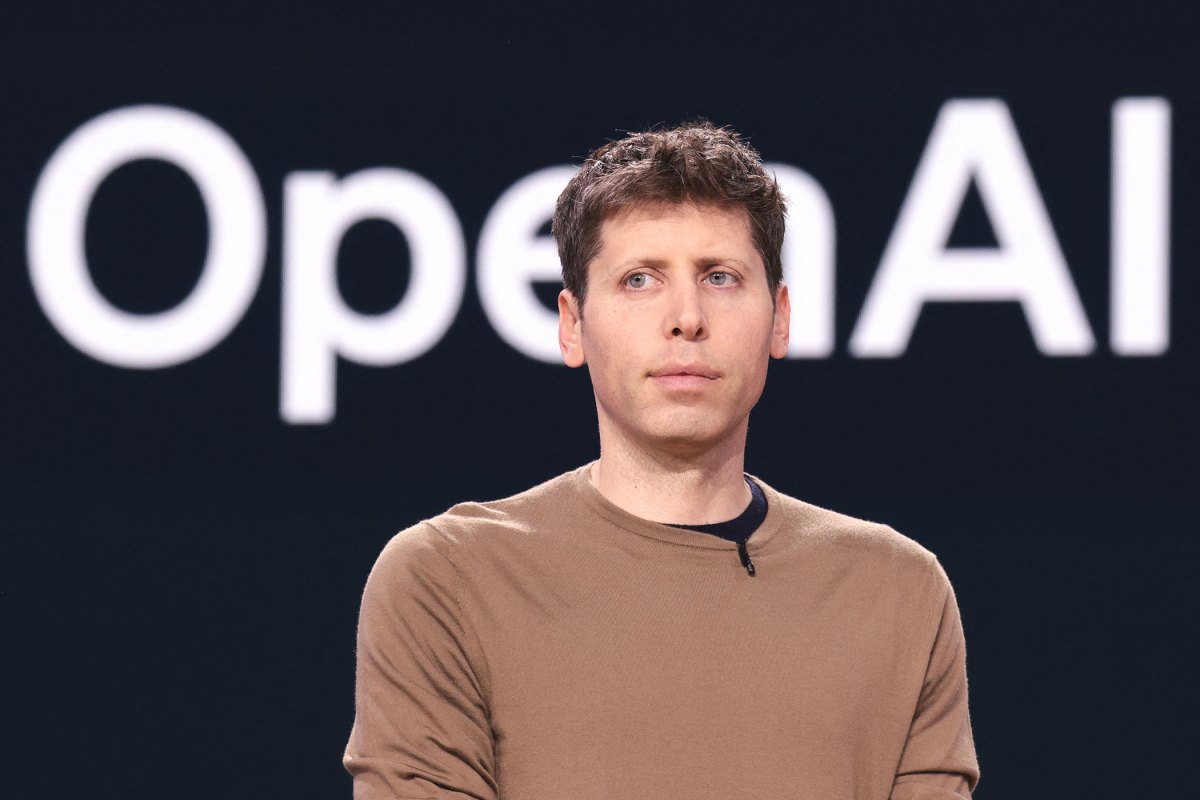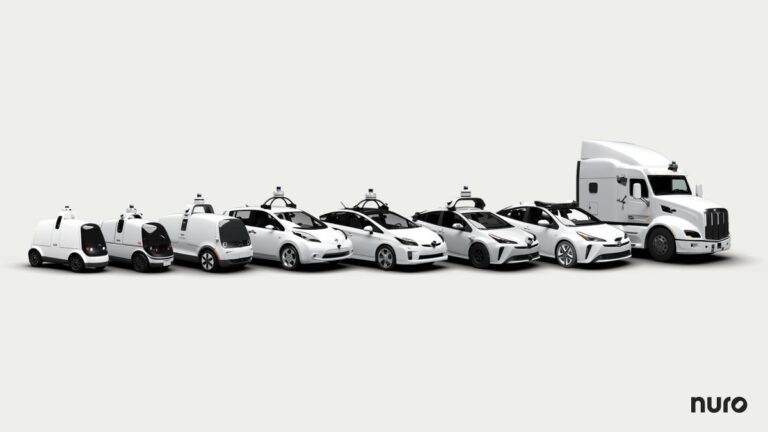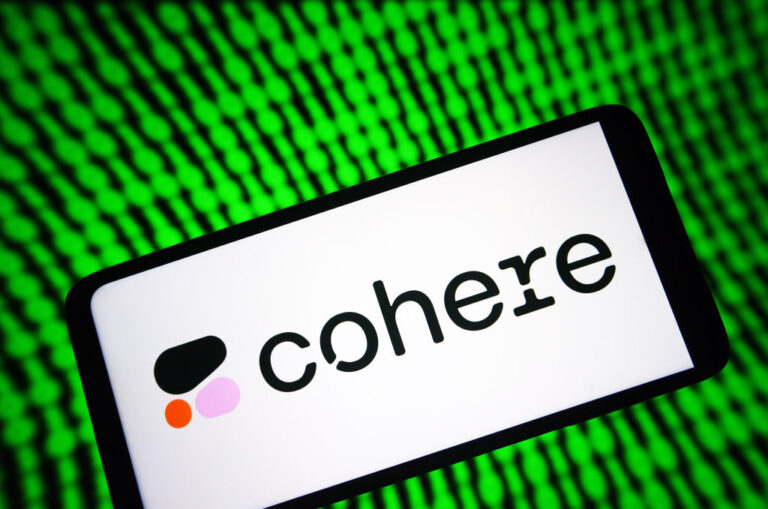Unlock Future AI Models: Verified ID Now Required for Access to OpenAI’s API
OpenAI is set to enhance security measures for its AI models by implementing an ID verification process called Verified Organization. This new requirement, aimed at developers, will ensure that only authorized entities can access certain advanced capabilities on the OpenAI platform.
What is the Verified Organization Process?
The Verified Organization process is designed to unlock access to OpenAI’s most sophisticated models and features. As detailed on OpenAI’s support page, this verification will require developers to submit a government-issued ID from one of the countries supported by OpenAI’s API.
Key Points of the Verification Process
- Only one organization can be verified per ID every 90 days.
- Not all organizations will qualify for verification.
- The process aims to ensure safe and responsible use of OpenAI’s technology.
Why is OpenAI Implementing This Change?
OpenAI emphasizes its commitment to making AI accessible while prioritizing safety. According to their official statement, “a small minority of developers intentionally misuse the OpenAI APIs in violation of our usage policies.” The verification process seeks to mitigate potential misuse while still providing advanced models to the wider developer community.
Enhancing Security Against Misuse
The introduction of the Verified Organization status is part of OpenAI’s broader strategy to reinforce security as its technologies evolve. The company has consistently reported efforts to combat malicious use of its models, especially from groups alleged to be operating from North Korea.
Concerns Over Intellectual Property Theft
Another crucial aspect of this verification process is to combat potential intellectual property theft. A Bloomberg report from earlier this year highlighted that OpenAI was investigating whether a group associated with DeepSeek, a China-based AI lab, illegally accessed large amounts of data through its API. This was potentially intended for model training, which violates OpenAI’s terms of service.
Global Access Restrictions
In response to these security concerns, OpenAI restricted access to its services in China last summer, reflecting its commitment to safeguarding its technology from misuse.
For more information on OpenAI’s policies and updates, visit the OpenAI Policies page.







